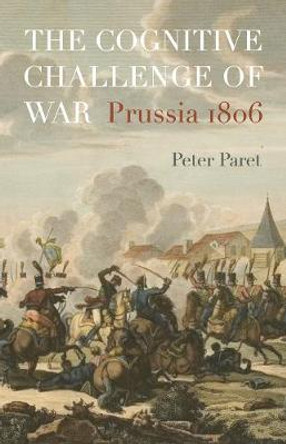Karin Friedrich locates the composite state of Brandenburg-Prussia in its historical, political, religious and economic context, from the demise of the Teutonic Knights in the fifteenth century to the Napoleonic crisis. Synthesising debates in German, English and Polish historical writing, the study focuses on key themes and concepts such as: - Confessionalisation, state-building, absolutism, and the rural economy - The primacy of foreign politics - The impact of an enlightened public sphere on changing notions of citizenship Friedrich assesses the ability of the Prussian state to integrate its constituent parts, not least by creating a patriotic identity and notion of unity under the name of 'Prussia'. Challenging myths and older views, this fresh interpretation is ideal for anyone studying this complex political entity within early modern Europe.
'A very readable, provocative and informative book that will be of great service to scholars and students.' - Marion W. Gray, German HistoryAbout the AuthorKARIN FRIEDRICH Senior Lecturer in History at the University of Aberdeen, UK.
Reviews'A very readable, provocative and informative book that will be of great service to scholars and students.' - Marion W. Gray, German History
Book InformationISBN 9780230535657
Author Karin FriedrichFormat Paperback
Page Count 184
Imprint Red Globe PressPublisher Bloomsbury Publishing PLC
Weight(grams) 222g







